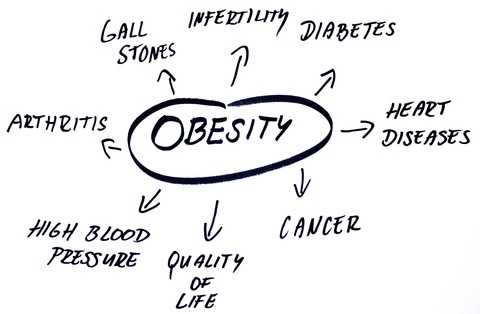High Fructose Con Syrup (HFCS) is a type of sweetener that has been the focus of various debates on the health environment. Many researches have shown that HFCS might be one of the worst forms of sugar to consume. But let`s make something clear: excess of sugar, no matter what kind and form presented in food, has been the main cause of obesity and others health issues nowadays. So why does HFCS has been the target by health experts?
Firstly, high consumption of fructose has been pointed out as more dangerous than glucose, because it is metabolized in our body differently then glucose, directly by the liver, while sucrose (table sugar) must be broken down by enzymes. If you eat fructose by fruits or vegetables it would come with fiber, vitamins, minerals, and beneficial phytonutrients, which is far different from the massive quantities that we find in most every processed food and typical sweetened drinks with HFCS.
GMOs (genetically modified organisms) have been added to our food and we don`t even know it because the US government does not mandate labeling yet. In sum, the main concern about eating GMOs is that so far we have no studies tracking the long-term effects GMOs may have on humans. Researchers fear that the health risks may include: Exposure to allergens, antibiotic resistance, endocrine disruption, reproductive disorders and accelerated aging. We have the right to know what we are eating and it is up to people to decide if they want or not to have GMO in their diet. The simplest way to avoid GMOs is to buy organic, once the USDA certifies that organic foods are not bio-engineered in any way.








